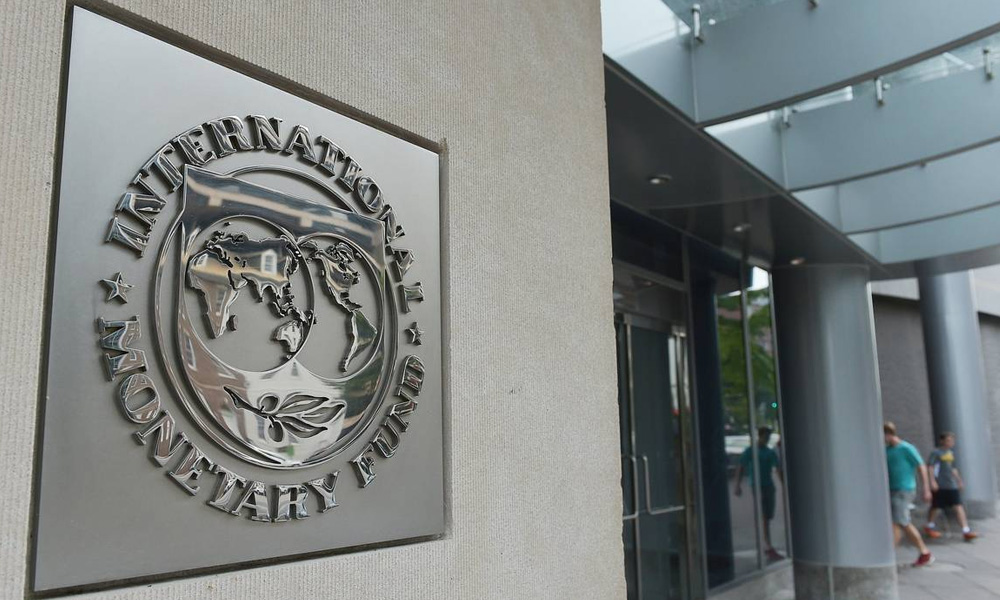
As the unveiling of Pakatan Harapan's second national budget (Budget 2020) looms on the horizon, an economist has suggested that this is not the time to have an austere budget.
Speaking to Malaysiakini, Malaysian Institute of Economic Research senior fellow Shankaran Nambiar (above) said it is good to be prudent in one’s expenditure and to hold on to fiscal discipline.
However, as John Maynard Keynes and his followers have proven, there are times when it is wise to go against austerity, he noted.
Shankaran said Finance Minister Lim Guan Eng may not be a Keynesian, but a wide variety of options that can get the economy out of its predicament is not available.
"It is time for the government to intervene and spur the economy.
"The government needs to spend on infrastructure and invest in projects that will create linkages, so as to boost the economy," he added.
Shankaran stressed that government development expenditure has to be carried out carefully and with adequate thought.
He said it would be necessary to accept some slack in the fiscal deficit.
"This may not be the best time to be insistent that we continue to narrow the fiscal deficit, regardless of the conditions around us."
Shankaran was prompted to issue the remarks as he finds the circumstances for Budget 2020 challenging, adding that the coming year can bring less optimism than we would like to have.

International Monetary Fund projects growth to be 3.5 per cent in 2020, but terms the next year as a “precarious” one, while the US could slow down to 1.9 percent next year.
China could see a growth rate of six percent, and India, which is used to having high growth rates, is also likely to post less impressive rates.
The threat of a no-deal Brexit is very likely, and the US-China trade war is likely to be prolonged into 2020.
"Leaving aside political uncertainties, the global economic scenario does not look promising and this will have some impact on Malaysia – all of it not positive," said the author of 'Malaysia in Troubled Times'.
On the domestic front, Shankaran observed that there has been concern for a while that the economy does not have direction.
"Business sentiments are not brimming with confidence, the issue of the rising cost of living continues to occupy people, and the possibility of having to put up with a low growth rate in 2020 is worrying," said Shankaran, a former don in Penang.
He pointed to another painful constraint - the RM1.1 trillion debt that Malaysians are constantly reminded of and have to deal with.
This large amount is almost 75 per cent of Malaysia’s gross domestic product.
"Under the circumstances, one would expect the budget to introduce some measures that could mitigate the harsh external circumstances," said Shankaran.
"This is best done with some flexibility being exercised in the use of a fiscal deficit."
Meanwhile, Shankaran said there is a trade-off that the economy may be getting into: gains from a wider fiscal deficit could mean a loss of favour from credit rating agencies.
But he added it is not a situation that cannot be negotiated.
"The rating agencies should, by this time, know Lim’s track record.
"It is clear that the Malaysian government is prudent, transparent and careful in its spending," Shankaran said.
"So long as the government will not default on its debt servicing, has the resources to make payment and maintains solid macroeconomic numbers, the rating agencies are not likely to downgrade Malaysia’s ranking," he added.
He was referring to Lim’s assessment that “legacy issues” have cost Malaysia RM150 billion.
Describing the situation as "more than we can handle", Shankaran said it is time to move on from the self-inflicted damage.
"Not much will be gained by recollecting the past and inducing more pessimism to an already pessimistic ecosystem." - Mkini



No comments:
Post a Comment
Note: Only a member of this blog may post a comment.